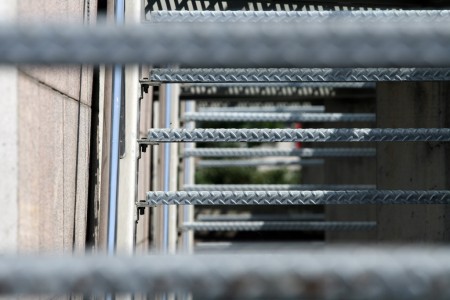
Christopher Dickey’s Securing the City: Inside America’s Best Counterterror Force – the NYPD describes the evolution of New York’s counterterrorism capabilities following the 2001 attacks against the World Trade Centre. Much of the responsibility is attributed to Raymond Kelly, who still serves as Police Commissioner, and David Cohen, his intelligence chief. Key among the changes was the development of much greater intelligence capabilities: everything from officers posted with federal agencies and overseas to developing a broad array of linguists, radiation detection systems, and advanced helicopter optics. All in all, the NYPD developed capabilities to become a mini-CIA, while also strengthening their policing and tactical capacity. All this was done in the face of considerable bureaucratic resistance, particularly from the federal agencies who felt their role was being subverted by the new developments.
Much more than Fred Burton’s book, Securing the City considers the checks and balances associated with greater police power. For instance, Dickey discusses the intelligence operations against people protesting the Republican National Convention in New York in 2004. Dickey also makes passing reference to torture and rendition (without considering the ethics of either at length), as well as surveillance and entrapment-type operations where intelligence officers pretend to help advance terrorist plots, so as to incriminate the others involved. Dickey comes to the general conclusion that the new NYPD capabilities are justified, given the situation in which the city finds itself. He does, however, worry if those capabilities will be properly maintained as budgetary pressures tighten, or when Kelly and the other key architects leave.
Some of the book’s chapters break out from the broad narrative to discuss specific topics, such as weapons of mass destruction or the dangerousness of ‘lone wolf’ operatives who operate independently and without the links to others that make most attackers detectable. While such treatment does make sense, the placement of the chapters can make the book feel a bit randomly assembled at times. Similarly, long italic passages (several pages long) are annoying to read. One other complaint is that the book includes a massive number of names, which can be difficult to keep track of. A listing of ‘characters’ with a brief description of the importance of each would be a nice addition to the front materials.
Dickey is harshly critical of the Iraq war, arguing that is was a distraction that undermined American security. He also argues that the ‘Global War on Terror’ was deeply misguided: “dangerously ill-conceived, mismanaged, and highly militarised.” He is also critical of Rudolf Guliani, who he accuses of taking credit for the successes of others, as well as making poor decisions of his own. His general position on the risk of terrorism is an interesting one. Basically, he thinks the capabilities of Al Qaeda and their sympathizers to carry out attacks in the U.S. has been exaggerated, as demonstrated by just how inept most of the post-9/11 plots were. Nevertheless, he sees the consequences of a terrorist attack as being so severe that even dubious plans being made by incompetent terrorists need to be tracked down and broken up. He repeatedly cites the example of the first World Trade centre bombing, where an inept group failed to advance their aims until Ramzi Yousef joined them and carried their operation to completion. Because of this, he agrees with Burton in thinking that terrorism cannot be treated primarily as a criminal matter. The standard of collecting courtroom-usable evidence is too high to disrupt plots early and effectively, while maintaining the covert capacity to do so again.
Overall, Securing the City is a worthwhile read for those with an interest in security, intelligence, or policing. It’s a nice demonstration of the global importance of some cities in the present age, and the special characteristics of New York. In particular, he praises the role of immigration in the city, citing it as one of the reasons why the NYPD was able to assemble such a diverse and effective capability. Those wanting more context in which to think about the strategic, tactical, and ethical issues surrounding modern terrorism would be well served by giving this book a read.





